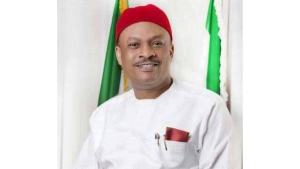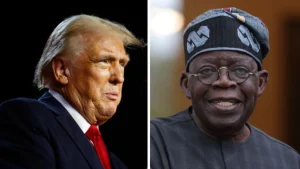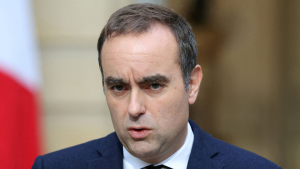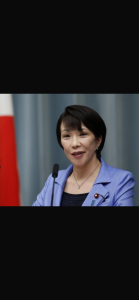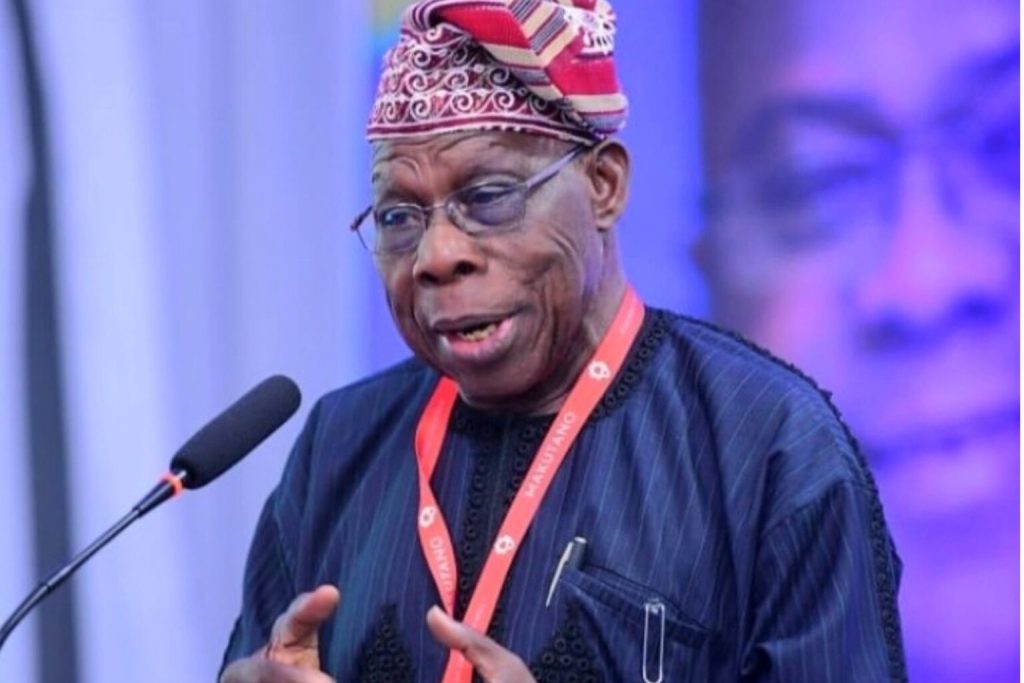
Former President Olusegun Obasanjo has delivered a scathing critique of Nigeria’s lawmakers, branding their current conduct as worse than all those who served in the First, Second, and Third Republics.
Obasanjo’s rebuke is detailed in his recent book, Nigeria Past and Future: Contemplations on Nigeria’s History and Vision for Tomorrow, specifically in Chapter Seven titled “Lawmakers at Federal and State Levels.”
Obasanjo accuses legislators at both national and state tiers of creating constituency projects purely out of greed for illegitimate funds, calling such acts “daylight unarmed robbery” that distort national budgets and fuel corruption nationwide.
He criticized lawmakers for breaching constitutional provisions, particularly regarding salary determinations. He pointed out that while the Revenue Mobilisation, Allocation and Fiscal Commission (RMAFC) is constitutionally tasked with setting salaries, lawmakers have flagrantly granted themselves “obscene” allowances, making them among the highest paid in the developing world.
Drawing on his experience as a military leader and civilian president, Obasanjo recounted the slow passage and watering down of key anti-corruption legislation like the Economic and Financial Crimes Commission (EFCC) bill during his administration, highlighting lawmakers’ resistance to checks on their immunity.
He lambasts the budget-making process, decrying the inclusion of constituency projects without genuine consultation as turning national budgeting into a joke that serves political private interests over the public good.
He condemns the institutionalization of “oversight visits” by lawmakers as mere money-collection trips from ministries and agencies rather than genuine accountability exercises.
Obasanjo calls all parties involved in these corrupt practices criminals, emphasizing the need for accountability.
He also reflects on the rising brazenness of lawmakers in pursuing personal enrichment, lamenting a failure by the Executive branch to hold miscreants accountable.
His harsh words have reignited national debates about transparency, governance, and the culture of entitlement among elected officials.
Many Nigerian citizens resonate with Obasanjo’s frustrations over systemic corruption and the failure to prioritize the nation’s development over personal gain.

